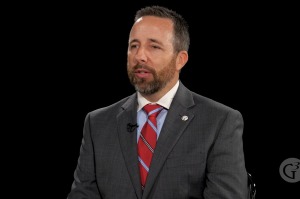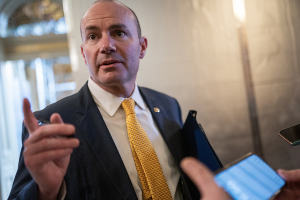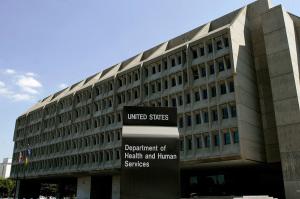Legal Expert Informed White House That Law Is Unclear on Contraception Mandate
Lawsuits over the Obama administration's ruling requiring employers to pay for contraception, abortifacients and sterilization in their health coverage, without a broad religious exemption, have already begun. Based upon previous Supreme Court rulings, it is unclear how the courts will rule in these cases, a legal expert told The Christian Post.
Ambassador Douglas Kmiec, professor of constitutional law at Pepperdine University School of Law, does not agree with the president's decision, but his analysis of Supreme Court rulings suggests that it is uncertain how courts will decide these cases.
"I would have to tell [President Obama], that my honest answer about the law is that I think it is unclear as to what is required here," Kmiec said, because of the Supreme Court's ruling in Employment Division v. Smith (1990).
In that case, two native Americans were denied unemployment benefits after being fired for using peyote, an hallucinogenic drug, as part of a religious ritual in their Native American Church. Kmiec noted that in that opinion, written by Justice Antonin Scalia, the Supreme Court ruled that the state of Oregon was not required to provide a religious exemption because the law prohibiting peyote did not single out a particular religion for disfavor. (An exemption was later provided for the Native American Church through the Oregon legislature.)
Congress attempted to overturn the Smith decision by passing the Religious Freedom Restoration Act (RFRA) in 1993. The Supreme Court then overturned RFRA, at least as it applies to state law, which leaves its application at the federal level unclear, Kmiec explained.
There has been one case, though, Gonzales v. O Centro Espirita Beneficiente Uniao de Vegetal (2006), in which the Supreme Court did say that RFRA applies to federal law. That case "would be taken account of," Kmiec said, but "I don't think it's clear, it's unmistakable, that it does."
If the contraception mandate were to go to the Supreme Court, it would find a different makeup than the court which decided Smith. Smith was narrowly decided (5-4) and three of the judges in the majority, William Rehnquist, John Paul Stevens and Sandra Day O'Connor, are no longer on the court. All four justices in the minority have also retired.
Kmiec, who worked in the Obama administration as ambassador to Malta, presented his legal opinion to the White House in November.
"I think there is an argument both ways. So, I'd have to say to the president, that one is a question mark," he said.
Nevertheless, Kmiec has communicated to the president that a broad religious exemption should be given, even if it is not required.
"The way I put that … when I gave him my advice in November was, this is an opportunity for you to do more than the law requires. You could have said that you admire the millions of people that have been helped and assisted and continue to be helped and assisted by the work of the Church and you want to go the extra mile, even if the Constitution doesn't demand it of you."





























